SHILLONG, AUG 26: The state government on Thursday decided to recommend that the three autonomous district councils (ADCs) should not have more than 40 members for incorporating in the proposed amendment to the Sixth Schedule of the Constitution.
This was informed by the Chief Minister Conrad K Sangma after chairing a meeting with the Chief Executive Members (CEMs) of the Khasi Hills Autonomous District Council, Jaintia Hills Autonomous District Council and Garo Hills Autonomous District Council.
Sangma told reporters that the state government as well as the government of India felt that there should be uniformity in the suggestions to be given with regards to any constitutional amendment.
“Keeping that aspect in mind, we have decided to recommend that the three ADCs shall have not more than 40 members each and out of this not more than 4 can be nominated members,” he said.
According to him, this is in line with the original Sixth Schedule that was passed in 1952.
He also said that any nomination or accommodation will be issued by the Governor based on the recommendation by the cabinet and in consultation with the district councils.
“Therefore, if a particular district council would like to have based on the population 36 members elected and 4 nominated – that is going to be recommended for that particular council…if other district council wants to remain at 29 + 1, they can but it cannot be more than 40,” Sangma added.
On the issue of unrepresented tribes, the Chief Minister said that the state government and the ADCs have recommended that the word ‘unrepresented tribe’ must be removed from the proposed amendment.
“Therefore, the word unrepresented tribe should not be there and accordingly suggestions will be made to the government of India on that aspect.”
The ADCs have opposed the recommendation of the Parliamentary Standing Committee on Home Affairs that there should be a representation of unrepresented tribes in the councils in view of the fact there are over 17 unrepresented tribes in the state of Meghalaya under the 1950 Presidential Order.
Asked, the Chief Minister said, “That is exactly the reason why we have recommended that it should not be there and now we are discussing it as a process. These things cannot be based on presumption that it may happen or it may not happen let us do our work. Today we have made this decision and we are going to put this representation to the government of India and we are hopeful that the government of India will accept our recommendation.”
Whether there is any move to amend the 1950 order, Sangma however said, “That is a different subject altogether as it is not part of this discussion. Today we are talking about the Sixth Schedule amendment.”
On the other hand, the state government has decided to recommend the need for electing a village council in Garo Hills region and that the village dorbars in the Khasi and Jaintia Hills region should continue.
“…the Garo Hills areas which has got Nokmas as traditional heads, who handle and take care of land issues and traditional aspects and customs of the people, traditional laws – those will continue as they and they should continue and in para 3 of the district council it is clearly mentioned that the district council will appoint the headmen and the chiefs and that aspect which includes Nokmas of course that aspect should continue.
At the same time from the development point of view in order to ensure the finance commission money and the funds comes in and the schemes implemented, village council will also be elected,” Sangma said.
“This recommendation will be given but the provisions of land, laws of the land and land holdings and reforms, these aspects will remain with the district council and the Nokmas and will not be part of the village council,” he maintained.
The chief minister said that similarly in Khasi and Jaintia Hills region, recommendation was given that the village dorbars should continue and that there should not be any village council.
“In the village dorbars, the elections will be held and different procedures in which elections should be held will be defined as per para 2 (a) of the amended act – those provisions are already there in it and in that provision the district councils will have sufficient powers to work out the procedures in which those elections will be held,” he said.
With regards to the municipal councils, the chief minister said that it was decided that the municipal council as a subject will continue in the jurisdiction of the state.
“We will recommend that it should not be mentioned in the amended Bill of the Sixth Schedule amendment but as per discussions with respective district councils, subjects and certain areas of governance even within municipal boards can be worked out between the councils. For example in GHADC, there has been a suggestion and there has been a discussion that certain aspect of the municipal council should also be worked out with the town committees and those aspects will be looked into to find out the balance between the council and the town committees and the municipal board but the municipal council should not be included in the amended version of the Sixth Schedule that is there,” he further added.
Sangma also stated that in the government of India’s scope of things, they have no intention to affect the customs and practices of the people of the state and district councils.
“…the overall plan is to ensure that there is a balance between the development aspect as well as the aspect of traditional customs and practices of the people. The government of India will amend the constitution and give financial powers or financial support to the district councils but they will require that certain democratic processes should also be followed,” he said.
“We want the amendment to go through as it will strengthen the councils and will allow anti-defection law to come in, will allow funding to come in which will be financially beneficial for the district councils,” he added.
By Our Reporter



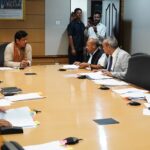


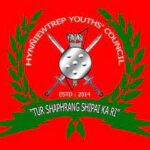



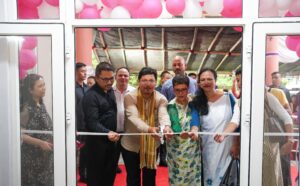
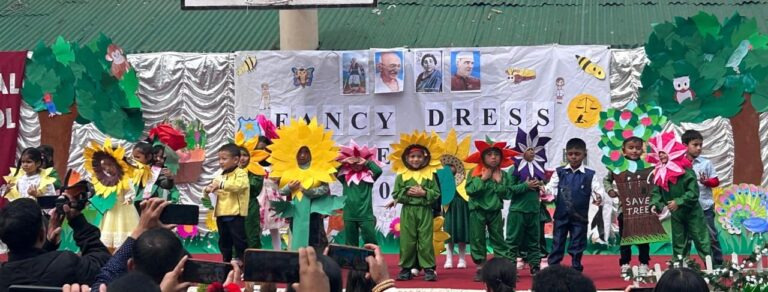
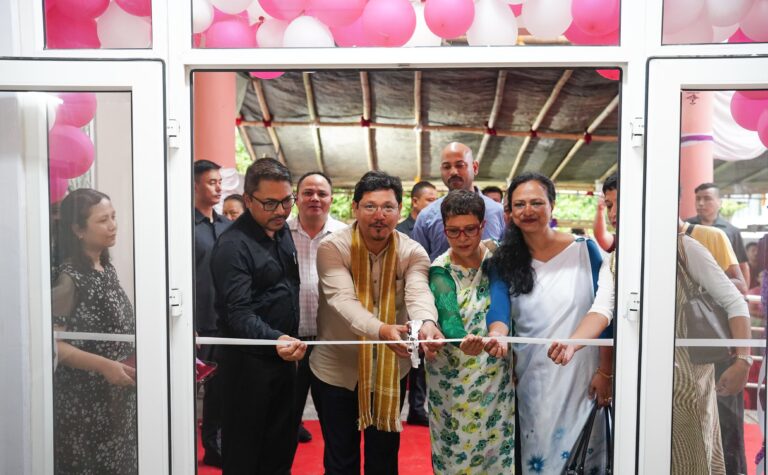
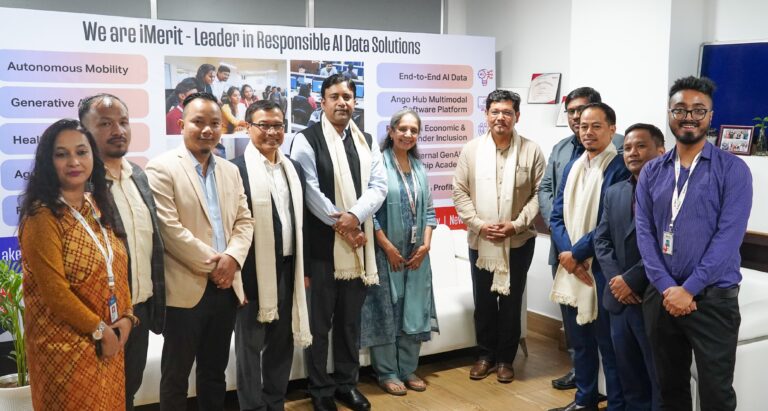
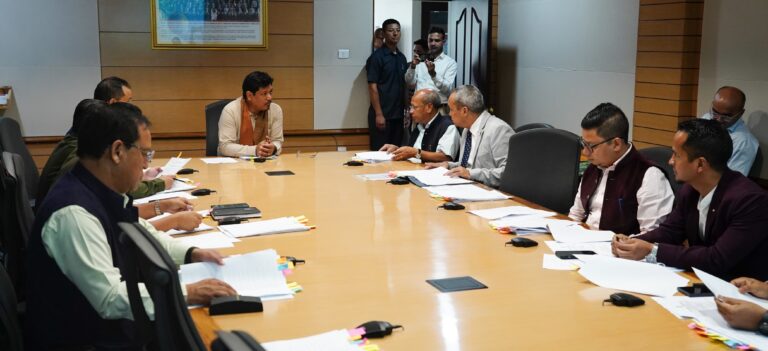
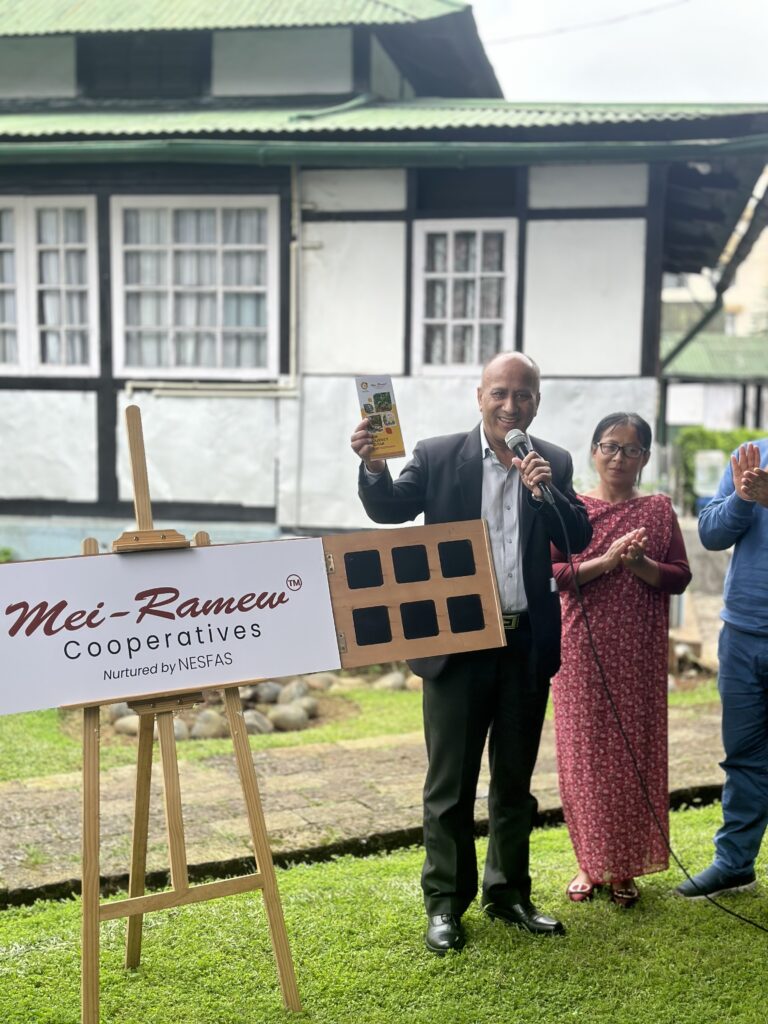
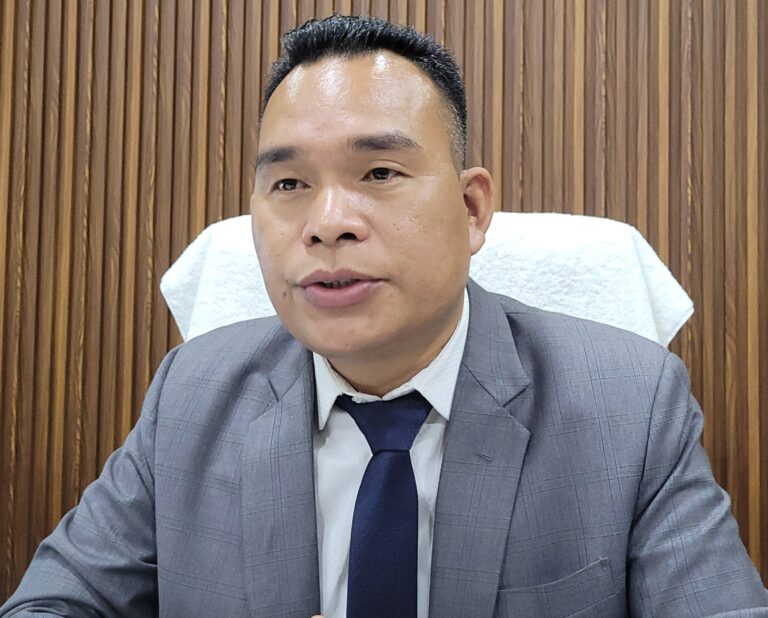
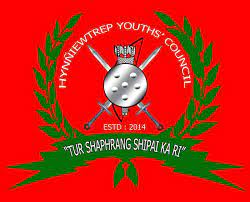

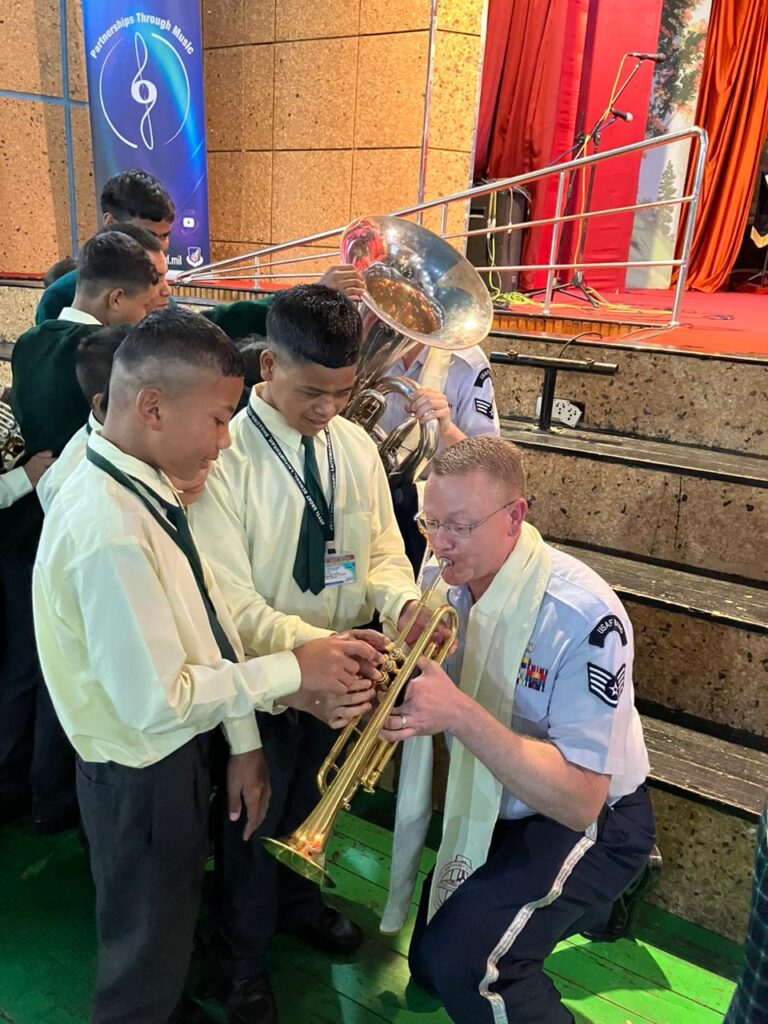
+ There are no comments
Add yours